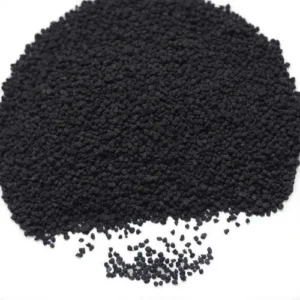Chemical Composition of Tea Leaves
The quality of black tea begins at the very start of the tea production process—in the field. Tea leaves, like other plants, are rich in enzymes, carbohydrates, proteins, and lipids. However, what distinguishes tea leaves are their high levels of polyphenols and methylxanthines, such as caffeine and theobromine.
Polyphenols and Catechins
Young green tea shoots contain up to 30% polyphenols, primarily flavanols or catechins. These compounds are powerful antioxidants and play a significant role in the health benefits of tea. Dried tea shoots contain 17% to 28% catechins, which contribute to the unique taste and color of the brewed tea.
Enzymatic Changes During Tea Processing
During the tea fermentation process, the polyphenols in the leaves undergo biochemical changes. Polyphenol oxidase, a copper-containing enzyme, facilitates this transformation, resulting in the characteristic color and flavor of black tea. This process is critical for producing high-quality tea, as it determines both the taste and appearance.
